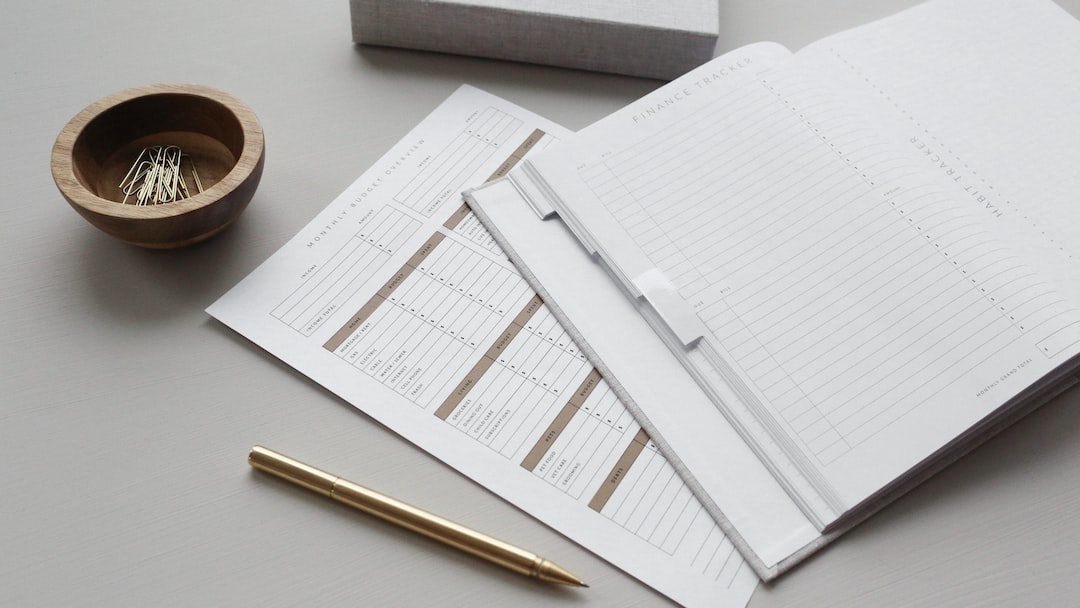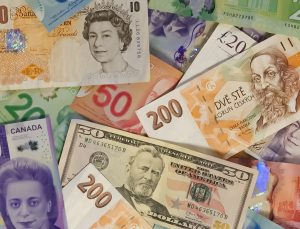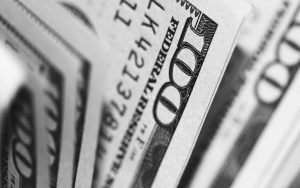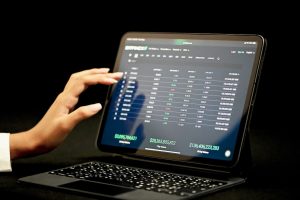Forex trading, also known as foreign exchange trading, is the process of buying and selling currencies to make a profit. It is the world’s largest financial market, with an average daily turnover of over $5 trillion. Forex trading involves a high degree of risk, but with proper training and education, anyone can become a successful trader. In this article, we will discuss what you should expect when trading forex.
Volatility
One of the most significant aspects of forex trading is volatility. The currency markets are highly volatile, which means prices can fluctuate rapidly and unpredictably. This volatility can lead to significant profits or losses, depending on the trader’s strategy and risk management. Forex traders must be prepared to deal with volatility and adjust their strategies accordingly.
Leverage
Forex trading allows traders to use leverage, which means they can control a more substantial amount of money than they have in their account. For example, a trader with a $1,000 account can control $100,000 worth of currency with a 100:1 leverage. While leverage can increase profits, it also increases the risk of losses. Traders must use leverage carefully and have a solid risk management plan in place.
Market Hours
The forex market is open 24 hours a day, five days a week. This means traders can trade at any time of the day or night, depending on their strategy and availability. However, certain times of the day are more volatile than others, such as when the London and New York sessions overlap. Traders must understand the market hours and adjust their strategies accordingly.
Trading Platforms
Forex traders use trading platforms to access the markets and execute trades. These platforms can vary in functionality and complexity, from basic web-based platforms to advanced trading software. Traders must choose a platform that suits their needs and preferences and learn how to use it effectively.
Technical Analysis
Technical analysis is a method of analyzing market data, such as price and volume, to identify patterns and make trading decisions. Forex traders use technical analysis to identify entry and exit points, set stop-loss orders, and manage risk. Technical analysis is a powerful tool, but traders must understand its limitations and use it in conjunction with other analysis methods.
Fundamental Analysis
Fundamental analysis is a method of analyzing economic data, such as GDP, inflation, and employment, to identify market trends and make trading decisions. Forex traders use fundamental analysis to understand the underlying factors that affect currency prices and adjust their strategies accordingly. Fundamental analysis is essential, but traders must also consider technical analysis and market sentiment.
Risk Management
Risk management is a crucial aspect of forex trading. Traders must understand the risks involved and implement a solid risk management plan. This plan should include setting stop-loss orders, managing leverage, and diversifying their portfolio. Traders should also have a clear understanding of their risk tolerance and adjust their strategies accordingly.
Conclusion
Forex trading can be a lucrative and exciting venture, but it also involves significant risks. Traders must be prepared to deal with volatility, leverage, and market hours. They must also understand technical and fundamental analysis and implement a solid risk management plan. With proper training and education, anyone can become a successful forex trader.






